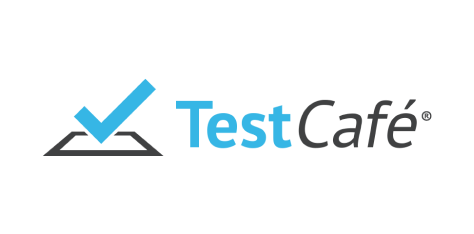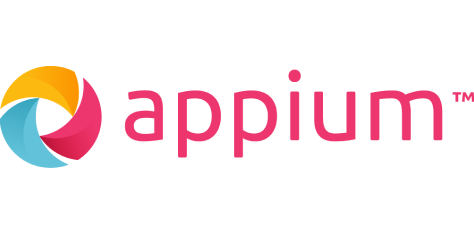Unit Testing
Software testing services often involve a process known as unit testing, which focuses on testing individual components of a software system to ensure that each unit performs as intended according to its design specifications. The primary goal of this type of testing is to validate the functionality and reliability of each unit, ensuring that the entire software system operates smoothly and without error.
Regression Testing
Software testing is a crucial process that ensures the reliability and accuracy of software. One such type of testing is called regression testing, which aims to verify that any changes or modifications made to the software do not affect its existing functionality.
This is done to identify any potential issues or bugs that may have been introduced during the modification process and to ensure that the software continues to perform as intended. Regression testing plays a critical role in maintaining the quality and stability of the software and is an essential part of the software development life cycle.
System Testing
Software testing involves the evaluation of complete and integrated software to ensure that it meets the specified requirements. This type of testing is known as system testing and is conducted to determine the system’s compliance with the expected standards. Its purpose is to identify any flaws or defects in the software and ensure it functions as intended.
Integration Testing
Unit testing is a software testing technique that involves combining individual software components and testing them as a group to identify faults in their interaction. The objective of this type of testing is to ensure that each unit functions as intended and also works effectively when combined with other units in the software application.
By conducting unit testing, developers can identify and address integration issues early in the software development cycle, thus ensuring a more stable and reliable application.
Black Box Testing
Black-box testing is a type of software testing that assesses the functionality of an application without examining its internal code structure, implementation details, or knowledge of the inner paths of the software. This testing technique determines how well the application has been designed and if it works as intended. The testing process involves analyzing the input and output of the software and verifying that they match the expected results.
Additionally, black-box testing ensures that all the features and requirements of the application are working as intended, providing a comprehensive overview of the application’s performance and functionality. Black-box testing is particularly useful in identifying defects related to incorrect or missing functionality, errors in user interface and usability, as well as performance and security issues.
Usability Testing
Usability testing is widely used to evaluate how user-friendly a product or service is. In this type of testing, real users are asked to perform specific tasks and are observed by researchers to identify any issues and areas of confusion. The process involves creating scenarios that simulate typical user interactions, such as navigating a website or using an app.
The goal of usability testing is to gather feedback from users to improve the design and functionality of the product or service, ultimately enhancing the user experience. By analyzing the user’s performance, the researchers can identify patterns of behavior and areas of improvement for the product. This type of testing is crucial for creating products that are intuitive, easy to use, and meet the needs of the target audience.
User acceptance testing
User acceptance testing (UAT), as one of the functional tests, is a crucial process that ensures the software or application meets the user’s requirements and expectations. It is performed in the final testing phase before the software is deployed to production. The purpose of UAT is to validate whether the software meets the business needs, functions as expected, and is user-friendly.
During UAT, end-users and clients are involved in the testing process to ensure that the software meets all the necessary requirements and specifications. UAT is an essential step in ensuring that the software is ready for release and meets the user’s expectations.(UAT) is a crucial testing process that ensures the software or application meets the user’s requirements and expectations. It is performed in the final testing phase before the software is deployed to production.
The purpose of UAT is to validate whether the software meets the business needs, functions as expected, and is user-friendly. During UAT, end-users and clients are involved in the testing process to ensure that the software meets all the necessary requirements and specifications. UAT is an essential step in ensuring that the software is ready for release and meets the user’s expectations.
Companies that work with Artelogic
We serve over 100 companies worldwide by providing full-cycle software development; QA and testing services are essential to our deliveries. We are proud of the trust of our clients and strictly adhere to our commitment and NDAs. Among many, we delivered quality assurance software testing services to such businesses:
- Jewel Candle, the e-commerce division of GG Brands, a mid-size company, sells its products in seven EU countries (B2B & B2C) via online shops. We implemented a constant process of Quality Assurance and developed the Test Plan and Test Cases that streamlined the QA process on the client’s side.
- Forest – a Japanese Real Estate platform owned by Open Room Inc. that connects property agents and buyers. Artelogic QA engineers developed a holistic QA system and implemented the QA automation.
- BigFood – leading German food manufacturer that digitalized its business. Artelogic QA engineers assist in digital assets testing.















